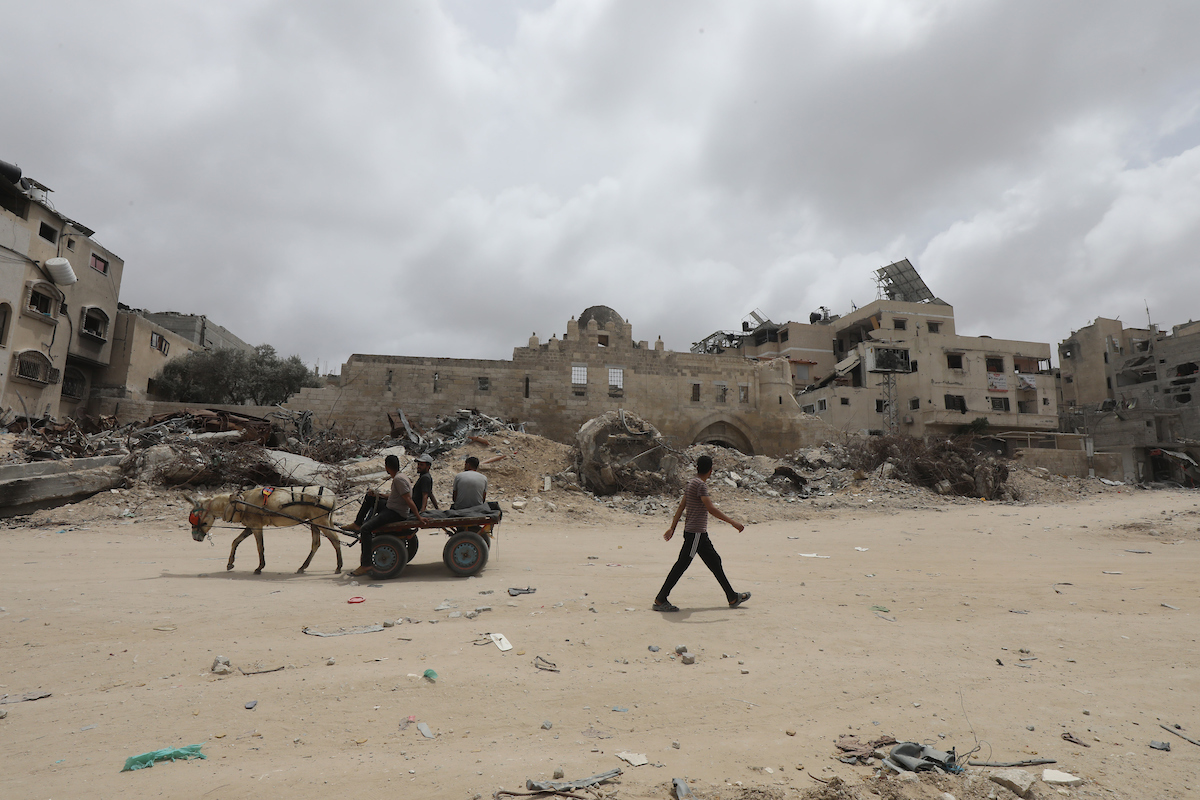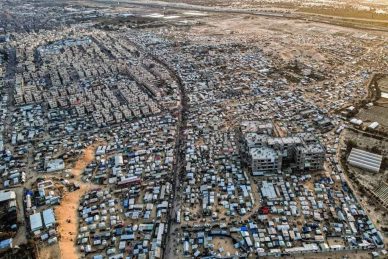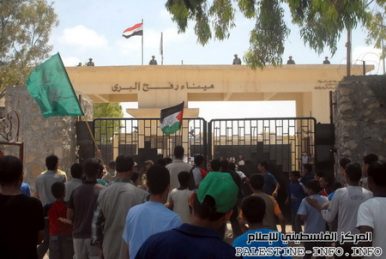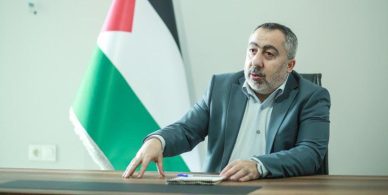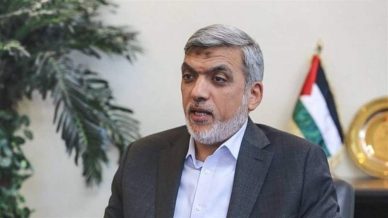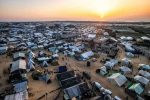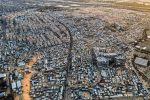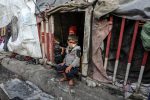RAFAH, (PIC)
The elderly Palestinian, Sabri Al-Haddad, 70 years old, left his home in the Amal neighborhood west of Khan Yunis during the Israeli incursion into the western area of the city over two months ago, enduring dire conditions that ultimately led to his death as a displaced person.
Al-Haddad took his family and grandchildren to Rafah, the southernmost part of the Gaza Strip, through the Israeli checkpoints, facing difficult weather conditions and indiscriminate artillery shelling. They were unable to bring with them any of their basic necessities; all they could do was flee with the children and the elderly under the relentless fire of the brutal Israeli occupation army.
The day of displacement
His son Mahmoud recalls the details of that day in his conversation with the Palestine Information Center (PIC) correspondent: “It was an extremely harsh day. We left while tanks surrounded the area, firing shells and machine gun rounds at anything that moved.” He adds that they left barefoot in the freezing cold, filled with panic and extreme terror.
He further explains that the Israeli soldiers stationed at the entrance of the area west of the city tormented the citizens, especially the elderly, leaving people exposed to heavy rain. He pointed out that they arrested several citizens, suppressed and mistreated them to the extent that they would arrest both men and women.
Searching for a tent
Upon arriving in Rafah after long hours of suffering and distress, the Al-Haddad family faced a new ordeal: finding a tent.
Hajj Sabri and his family, including his grandchildren, had to spend a whole night in the open until they managed to acquire a tent at great difficulty.
Life in the tent was not pleasant; in fact, it was painful and harsh beyond words. There was no warmth, no water, and no toilets. Everything in it was harsh to the point of agony and despair.
Suffering exacerbated by displacement
A few days passed since the displacement, and the suffering of Hajj Sabri, who suffers from paralysis and cannot walk except with a wheelchair, began to worsen gradually. His eldest son, Akram, tells the PIC correspondent that his father’s health began to deteriorate rapidly, with increased blood pressure and diabetes, compounded by the distress and pain of displacement.
He mentioned that his father started experiencing bouts of coma due to the accumulated illnesses and his deteriorating mental state as a result of being separated from his home, where he had lived for 70 years.
On one of the devastating days of displacement, Hajj Sabri unexpectedly fell into a coma, and his children took him to the Abu Yousef Al-Najjar Hospital, where he met his fate.
His son weeps and says, “My father always loved the land and the country, but his health deteriorated significantly due to the harsh conditions of displacement.”
The children and grandchildren were forced to bury the body of the deceased Hajj in the Tel Al-Sultan Cemetery in the city of Rafah, far from their place of residence.
He continues that after the withdrawal of the occupation army from Khan Yunis, they found their home completely destroyed, and with this destruction, Israel erased memories and a life that had lasted for decades.

